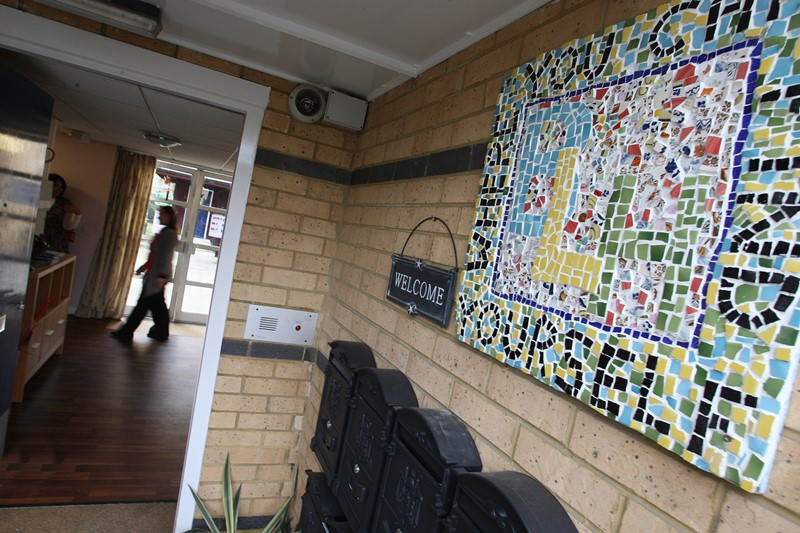
Barbara Davis’s abusive boyfriend burned her fingers on the stove when he discovered her packed suitcase under the bed and realised she was trying to leave. He had controlled Davis, 36, who has a mild learning disability, for years. He isolated her from family and friends, verbally abusing her parents until they stopped visiting. He locked her in the privately rented London flat they shared, goading her to kill herself. She recalls: “He told me to strangle myself with a wire … he wanted me to die.”
Davis (who eventually escaped) told her story to researchers from the Tizard Centre as part of a project to explores the experiences women with learning disabilities who suffer domestic violence. The work, which also looks at the attitudes and practices of professionals who support such women, is featured in my Guardian piece.
There are some shocking – although perhaps not surprising (given the low profile of learning disability as an issue) – facts included in the piece. Among them, that the UK has just one specialist domestic violence refuge for women with learning disabilities. What’s more, most police officers (often the first point of contact in a domestic abuse incident) do not believe that a learning disability makes women more vulnerable to domestic violence.
You can read the rest of the piece here.
The Tizard Centre project can be accessed here and information on Beverley Lewis House here.
